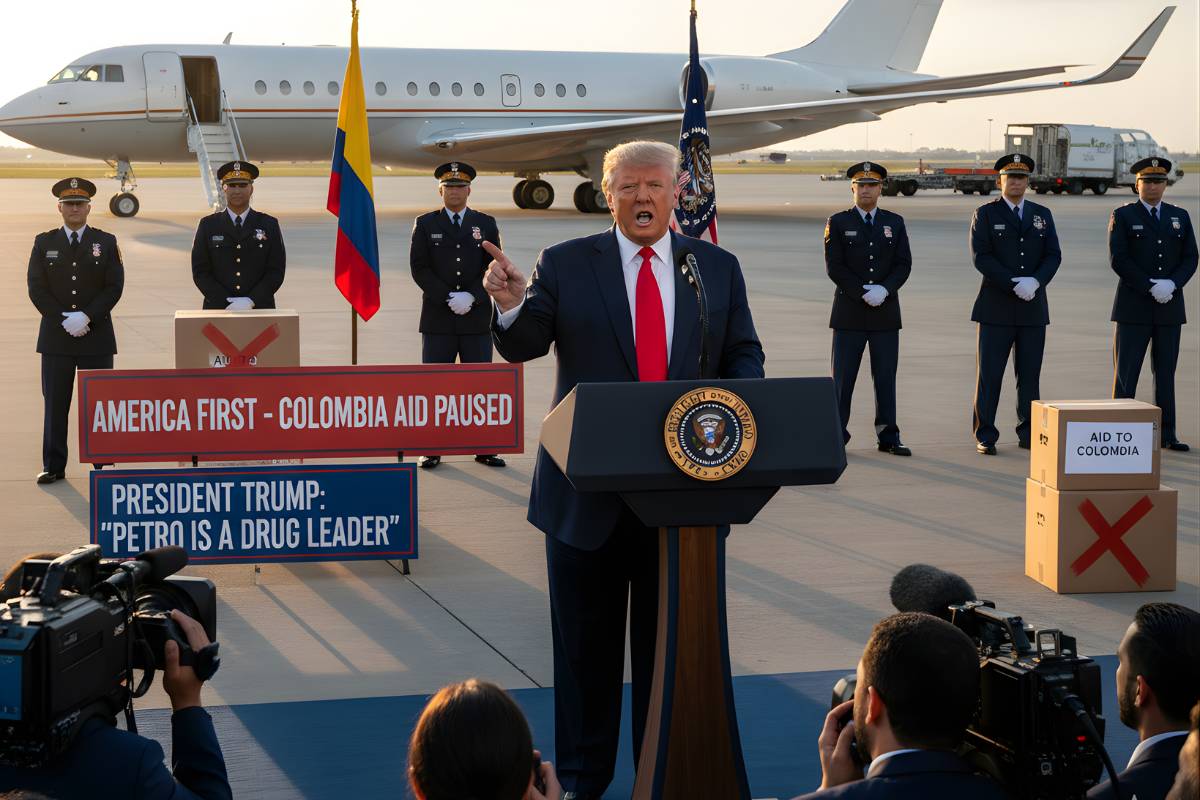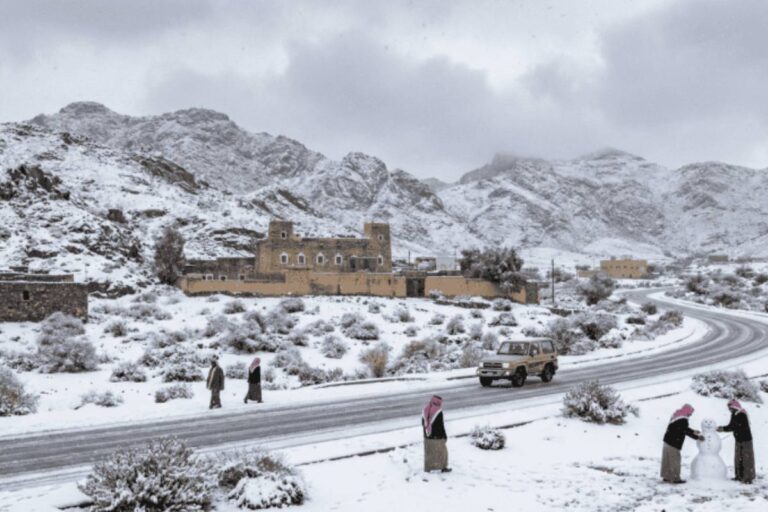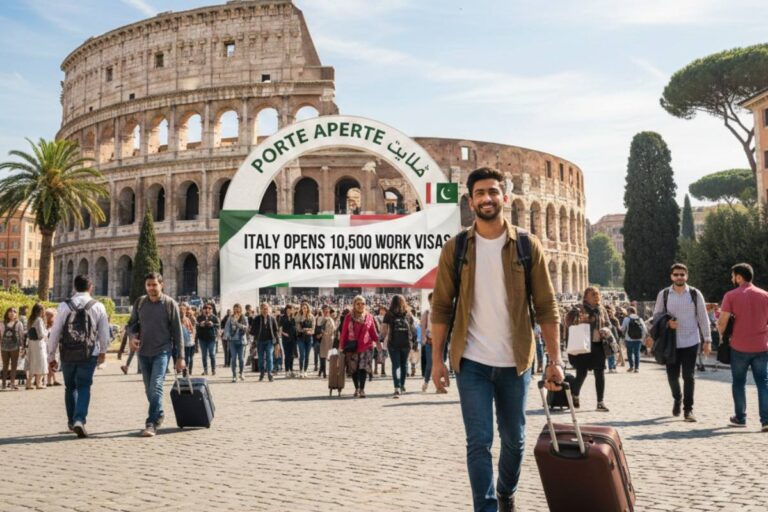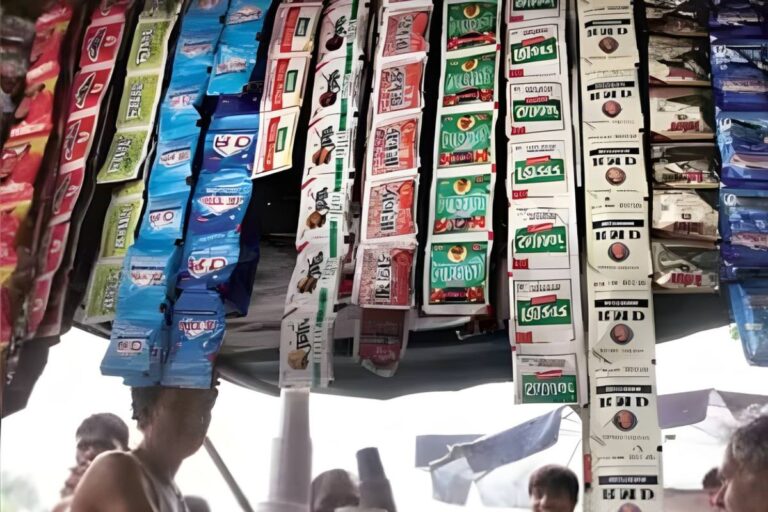PALM BEACH, FL – President Donald Trump shocked a decades-long alliance by suddenly saying on Sunday that the US is cutting off all aid to Colombia and putting new tariffs on the country. He also called Colombian President Gustavo Petro an “illegal drug leader” and a “lunatic,” which made the diplomatic fight even worse.
The shocking statement, made in the usual blunt way on social media and to reporters, could end one of Washington’s strongest partnerships in Latin America. For generations, this relationship has been the foundation of the U.S. government’s anti-drug policy in the area. But now, it’s almost there.
“AS OF TODAY, THESE PAYMENTS, OR ANY OTHER FORM OF PAYMENT, OR SUBSIDIES, WILL NO LONGER BE MADE TO COLOMBIA,” Trump wrote on his Truth Social platform. He said that President Petro was to blame for “the massive production of drugs, in big and small fields, all over” the country.
Later, when he talked to reporters on Air Force One, Trump was very clear. He said that Colombia is a “drug manufacturing machine” and that its president is “a lunatic who has a lot of problems, mental problems.” This isn’t just a change in policy; it’s a diplomatic firestorm that started right away.
Accusations Ruined a Relationship
The immediate cause of this diplomatic breakdown seems to be a heated argument about recent U.S. military actions in the Caribbean. The U.S. has been attacking ships that are thought to be carrying drugs as part of what the Trump administration calls an “armed conflict” with drug cartels.
One of these events, on September 16, 2025, became a flashpoint. President Petro said that a U.S. attack killed a Colombian fisherman named Alejandro Carranza, who he said had nothing to do with drug trafficking and whose boat was broken when it was hit. Petro didn’t hold back when he said that the U.S. had committed “murder” and an “assassination” on Colombian soil.
Trump’s answer was quick and angry. He called Petro a leader with a “fresh mouth toward America” who “does nothing to stop” the flow of drugs, even though the United States gives him “large-scale payments and subsidies.” He gave Petro a very clear warning: “Close these killing fields right away, or the United States will do it for you, and it won’t be nice.”
Defense Secretary Pete Hegseth added fuel to the fire by saying that the U.S. had recently attacked another ship that was thought to be carrying “substantial amounts of narcotics” linked to the National Liberation Army (ELN), a rebel group that is fighting against Petro’s government.
Colombia’s Fiery Response
People in Bogotá were angry and defiant in response. President Petro, who uses social media a lot himself, shot back at Trump, saying that the U.S. president’s advisors were lying to him.
Petro said, “Trying to promote peace in Colombia is not being a drug trafficker.” He called himself “the main enemy” of the drug trade in his own country and said Trump’s comments were “rude and ignorant toward Colombia.”
The Colombian Foreign Ministry made an official statement saying that Trump’s threat of intervention was a “direct threat to national sovereignty.” The message was clear: Colombia would not be scared. Pedro Sánchez, the Minister of Defense, reminded the world of the human cost his country has paid, saying that Colombia “has used all its capability and also lost men and women fighting drug trafficking.”
The End of a Long-Lasting Partnership
This public fight is a huge low point for a partnership that used to be a great example of how countries can work together. Colombia has been the biggest recipient of U.S. aid in the region for decades, and it is a key part of the “war on drugs.” Plan Colombia, which started in 1999, was one of many efforts that sent billions of U.S. dollars to Colombia to fight drug cartels and armed groups.
But things have changed on the ground. In the last fiscal year, U.S. aid to Colombia had already dropped to an estimated $230 million, down from over $700 million in recent years. Now, that money is going to be gone for good.
The United Nations says that coca farming in Colombia reached an all-time high last year, which is the harsh truth behind this crisis. This fact has clearly made people in Washington angry, but experts are not sure if Trump’s approach is the best one.
Elizabeth Dickinson, a senior analyst for the Andes region at the International Crisis Group, said the decision was “confusing and very unwise.” She said that pushing away America’s strongest military ally in Latin America, especially when tensions are high with Venezuela, could have “catastrophic effects.”
A Timeline of Rising Tensions
This crisis didn’t happen out of nowhere. The two governments’ relationship has been getting worse all year.
- January 2025: The Trump administration’s decision to put all foreign aid programs on hold for 90 days at the start of the year was a bad sign. They said they needed to make sure the programs were in line with U.S. interests. This made allies like Colombia pay attention.
- Fights over policy: The two leaders fought on many fronts throughout the year. Trump threatened tariffs after Petro first refused to let U.S. military flights carry deported migrants. After Petro allegedly told American soldiers to ignore Trump’s orders, the U.S. State Department even threatened to take away his visa for the U.N. General Assembly.
- September 2025: The Trump administration officially decided that Colombia had not kept its promises in the drug war. At the time, Washington gave a waiver to stop an immediate cut in aid, but the warning shot had already been fired.
The events of this past weekend were the last straw in these growing tensions. Trump’s announcement is the last straw, turning a tense relationship into an open diplomatic war.
What Comes Next: Tariffs and Uncertainty
Trump has also promised that new tariffs on Colombian exports will be announced on Monday, in addition to the aid cut. This two-pronged economic attack could have a big effect on the Colombian economy and the government’s ability to do its job.
Experts say the results could be very bad. Dickinson says that losing U.S. funding and military cooperation could hurt the Colombian military and police “at exactly the time when they’re facing the biggest security crisis in Colombia in over a decade.” Efforts that have been going on for decades to bring stability to areas torn apart by violence and conflict are now in danger.
The future of a once-strong alliance is in danger as Washington and Bogotá trade insults. Right now, the most important thing to think about is how Colombia will deal with losing its strongest ally and the economic pressure that will come with it. The U.S.’s choice to cut ties with a key partner makes a region that is already unstable even more so. The effects of this diplomatic earthquake will last for a long time.






















